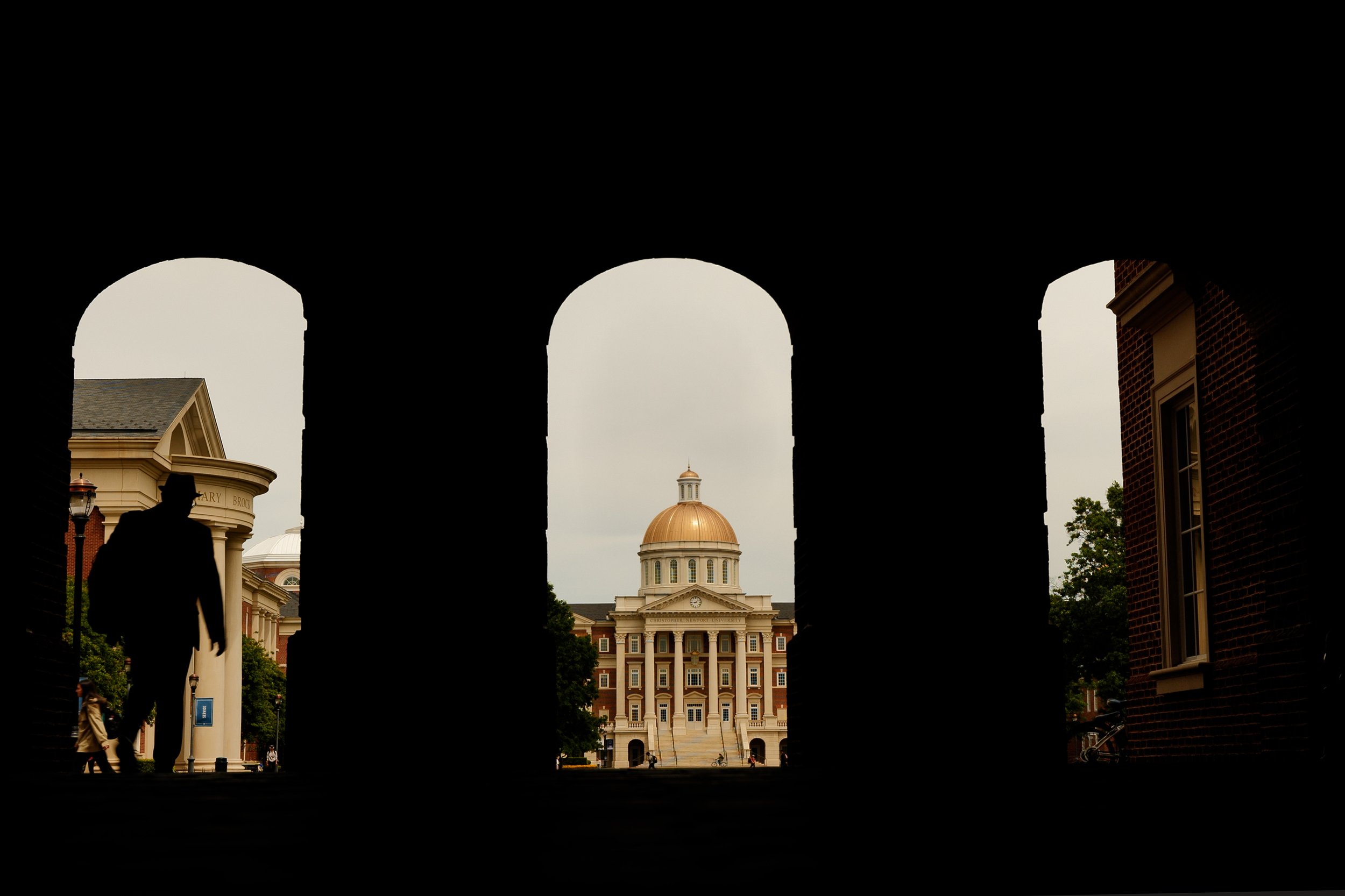Following a VCIJ and ProPublica series, the state budget approved May 13 creates a panel to probe the displacement of Black families by public college and university developments and consider possible redress
By Louis Hansen
The Virginia Center for Investigative Journalism at WHRO
Spurred by a VCIJ at WHRO and ProPublica investigation, the recently approved Virginia budget includes nearly $60,000 over the next two years for a commission to study the disruption public college and university expansions have had on Black communities.
The statewide panel will probe historic land acquisitions and consider potential redress for Black families and their descendants. The commission will work with public colleges and universities to examine property transactions in majority Black communities, and determine “whether and what form of compensation or relief would be appropriate,” according to the state budget, which was signed into law May 13.
The new commission follows a VCIJ at WHRO and ProPublica series that chronicled the decades-long shrinking of a predominantly Black neighborhood in Newport News by the expansion of Christopher Newport University. The middle-class neighborhood around Shoe Lane was considered a “Black spot” by white Newport News leaders in the 1960s and became a target for the development of CNU’s campus.
Other Virginia universities, including Old Dominion and the University of Virginia, also disrupted Black communities during their expansions, sometimes taking land through eminent domain.
The new panel, known as the Commission to Study the History of the Uprooting of Black Communities by Public Institutions of Higher Education in the Commonwealth, will have 19 members chosen by legislators and state education officials. Lawmakers approved $57,520 over two years to fund the commission, beginning July 1 and running through June 2026.
Del. Delores McQuinn, D-Richmond, introduced a bill to establish a commission in January. “Just as universities have been winners, families have lost a lot,” McQuinn said when introducing the bill. “I just want families to somehow be made whole.”
McQuinn’s proposal was folded into the state budget, which was signed into law May 13 after a special session.
The panel, known as the Commission to Study the History of the Uprooting of Black Communities by Public Institutions of Higher Education in the Commonwealth, will have 19 members chosen by legislators and state education officials. Lawmakers approved $57,520 over two years to fund the commission, beginning July 1 and running through June 2026.
The commission will have 10 legislators, 7 Virginia citizens, and two members appointed by the Secretary of Education and the director of the State Council of Higher Education in Virginia. It will consult with public institutions of higher education and determine where the institutions have “purchased, expropriated or otherwise taken possession” of property owned in communities with a majority of Black residents, according to the budget.
The panel will also research similar acquisitions in other states, and consult with outside experts on the issue. Federal laws encouraged higher education institutions to expand after World War II, and universities from Boston to Berkeley pushed deeper into neighboring communities. Under just one federal program, more than 8,000 families of color were displaced by campus expansions in the early 1960s.
Norfolk State University history professor Cassandra Newby-Alexander said the long-term impacts of urban renewal driven by colleges are both financial and emotional. Black families lost the ability to create wealth through long-term home and property ownership, as well as the psychological support of a stable community.
“I’m hoping that this commission will change that dynamic,” said Newby-Alexander, who contributed to public forums discussing the impacts of CNU’s expansions. “This to me is the most important thing – what are you going to do now?”
The Uprooted series focused on the Johnson family in Newport News, and the Shoe Lane community where their ancestors had owned farmland for generations. In the early 1960s, the all-white city council learned of plans by Black property owners to develop more homes on the site, and choose it for the new campus despite having cheaper options in other parts of the city. Newport News acquired 60 acres, and paid property owners 20% less than the value set by an independent assessor.
In January, Newport News and CNU formed a task force to review 40 years of property records to consider restorative justice for Black families displaced by decades of university expansions.
Reach Louis Hansen at louis.hansen@vcij.org.

